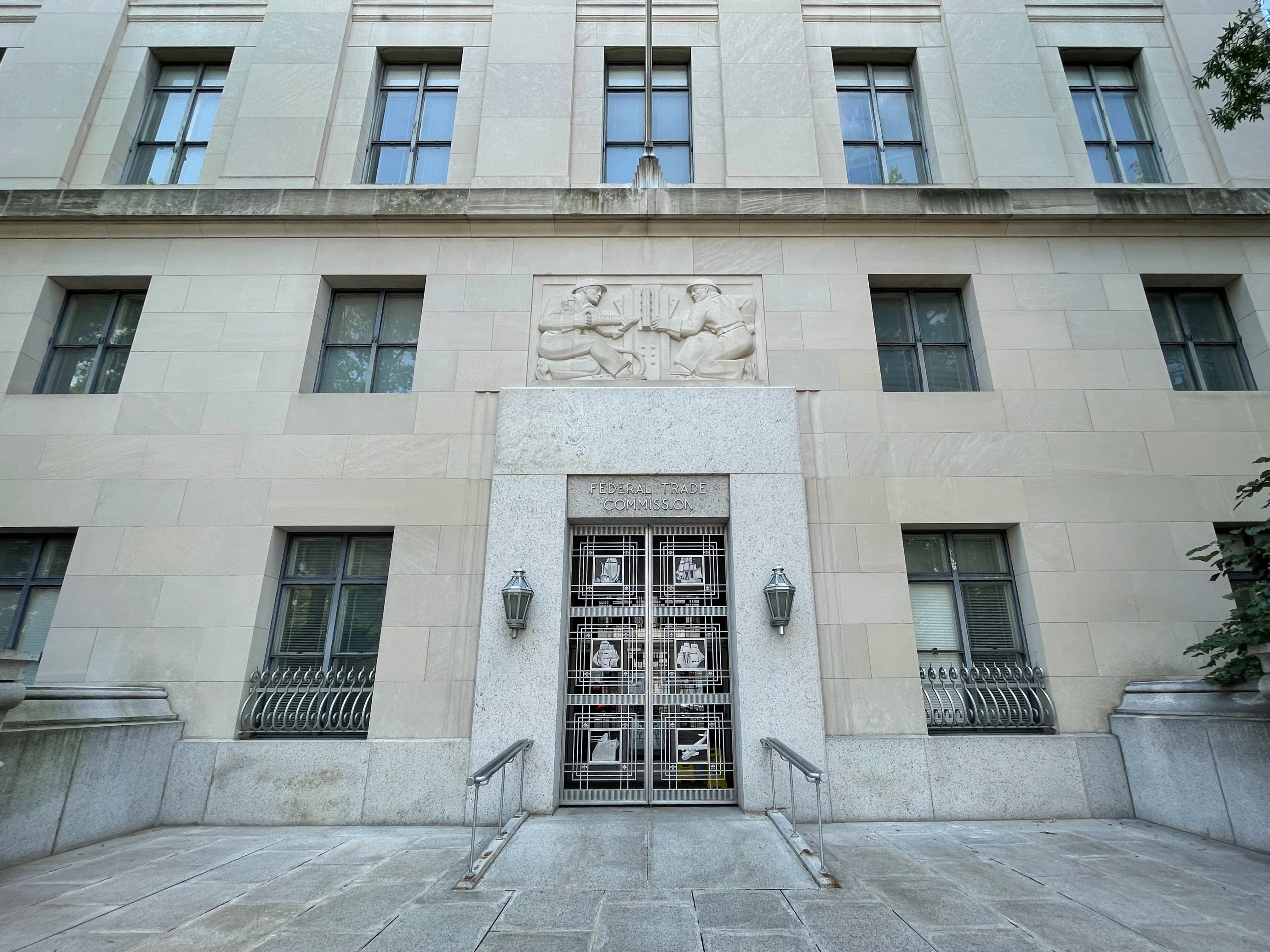In the 21st century, the cultural, political, and economic influence of unregulated Big Tech companies is unparalleled. The four major tech giants (Apple, Amazon, Alphabet’s Google, and Meta’s Facebook) revolutionized how we communicate, work, access information, and entertain ourselves. But as these companies’ services have become integral to our daily lives, so too has their presence throughout the global economy. As the tech giants have grown, they’ve effectively built modern-day monopolies through acquiring — or sabotaging — would-be competitors, while hurting small businesses and consumers.
Unfortunately, this rapid consolidation of power in the hands of the tech giants hasn’t just stifled innovation and fair competition: It’s also put consumers’ privacy rights, as well as the health of our entire democracy, at risk. Indeed, as Supreme Court Justice Louis Brandeis once aptly noted, “[w]e may have democracy, or we may have wealth concentrated in the hands of a few, but we can’t have both.”
Early into his administration, President Biden signed his Executive Order on Promoting Competition in the American Economy, a key first move to rein in Big Tech and other corporate monopolies. But the White House and executive branch agencies cannot act alone to return economic power to consumers and small businesses. Congress must also act.
Fortunately, Congress has an opportunity to rein in tech monopolies and safeguard fair competition by passing the bipartisan Ending Platform Monopolies Act (EPMA) as part of the omnibus bill expected to pass this month. Introduced by Representative Pramila Jayapal (D-WA), the legislation would stop the tech giants’ drive to monopolize the whole of the economy by breaking them up and preventing them from engaging in anti-competitive behavior.
There’s a reason that the bill is backed by a broad, bipartisan coalition ranging from among the most progressive to most conservative members of Congress. At its core, the legislation is a popular, common-sense measure to hold companies like Amazon and Google accountable for the inherent conflicts of interest rooted in their business models.
Under the bill, covered platforms would be prohibited from “offering certain products or services from another line of business that is owned or controlled by the platform.” This would rectify the obvious problem posed by Amazon’s control of the very marketplace it competes with other businesses on.
In a similar vein, Apple, Google, and Facebook would also be prevented from using their reach across different business lines to boost their own services at the expense of rivals. Under the legislation, tech platforms that continue to engage in this behavior could be compelled to divest the lines of business that their platforms unfairly privilege at the expense of competitors. Tech giants have long avoided accountability for their anti-competitive practices, and passing the EPMA would help establish rules of the road for tech giants.
In addition to reining in Big Tech’s monopolistic practices, the passing the EPMA would also serve to protect users’ privacy. Big Tech companies have built commercial empires through collecting and leveraging users’ data without our knowledge or consent. As a structural separation bill, the EPMA will rein in Big Tech’s monopolistic position and help create a competitive environment where companies are incentivized to prioritize our privacy and protect our personal information.
Though EPMA has not received a floor vote in either chamber, the legislation passed the House Judiciary Committee in June 2021. Earlier this month, it was reported that the Journalism Competition and Preservation Act (JCPA), another tech-focused antitrust bill, was considered for inclusion in the National Defense Authorization Act (NDAA) for FY 2023. Like EPMA, the JCPA had not received a floor vote in either the House or Senate, but was considered for inclusion in the authorization bill after having advanced through committee in the Senate.
Ultimately, the JCPA was removed from the NDAA, with even JCPA supporters like Sen. Roger Wicker (R-MS) arguing it would be inappropriate to include the legislation in the annual defense bill according to Politico. As an alternative, Wicker suggested, the annual omnibus spending package would be a more appropriate vehicle for the legislation.
Similarly, with the clock running out to pass historic antitrust legislation in the 117th Congress, Democratic leadership should push to include EPMA in the annual omnibus bill. Passing the legislation, which according to Jayapal has the support of the White House, through the omnibus bill would be a major victory in the fight against monopoly power.
With just weeks until the next Congress convenes, Democratic leadership should make passing EPMA via the annual omnibus bill an immediate priority. In doing so, Congress has a real opportunity to curb Big Tech’s monopoly power and pass legislation that would benefit consumers and small businesses.

